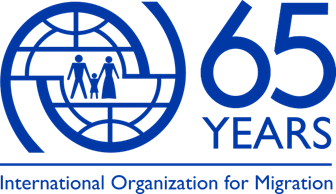Mar 2014 - Mar 2016 | IOM
In the Central African Republic, IOM is working to prevent SGBV among internally-displaced and host populations. IOM is building capacity among National Police and Gendarmerie forces to respond adequately to SGBV case reports, in coordination with UN Civil Police / CIVPOL. In this effort, IOM is also advocating for the increased recruitment of female police officers. These efforts will provide police with the tools to use a survivor-centred approach, as well as educate them in relation to Central African legislation and international human rights law on rape as a war crime.
